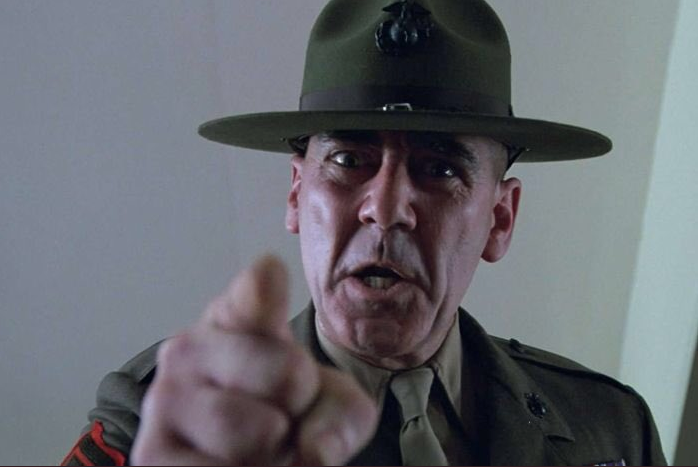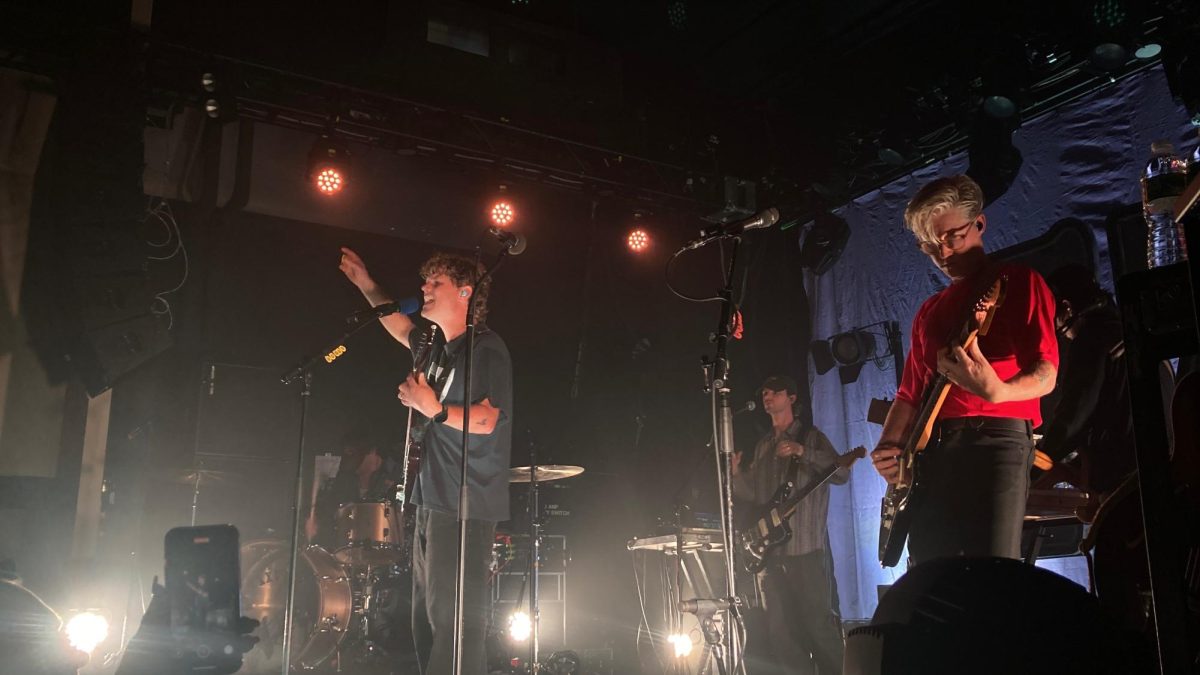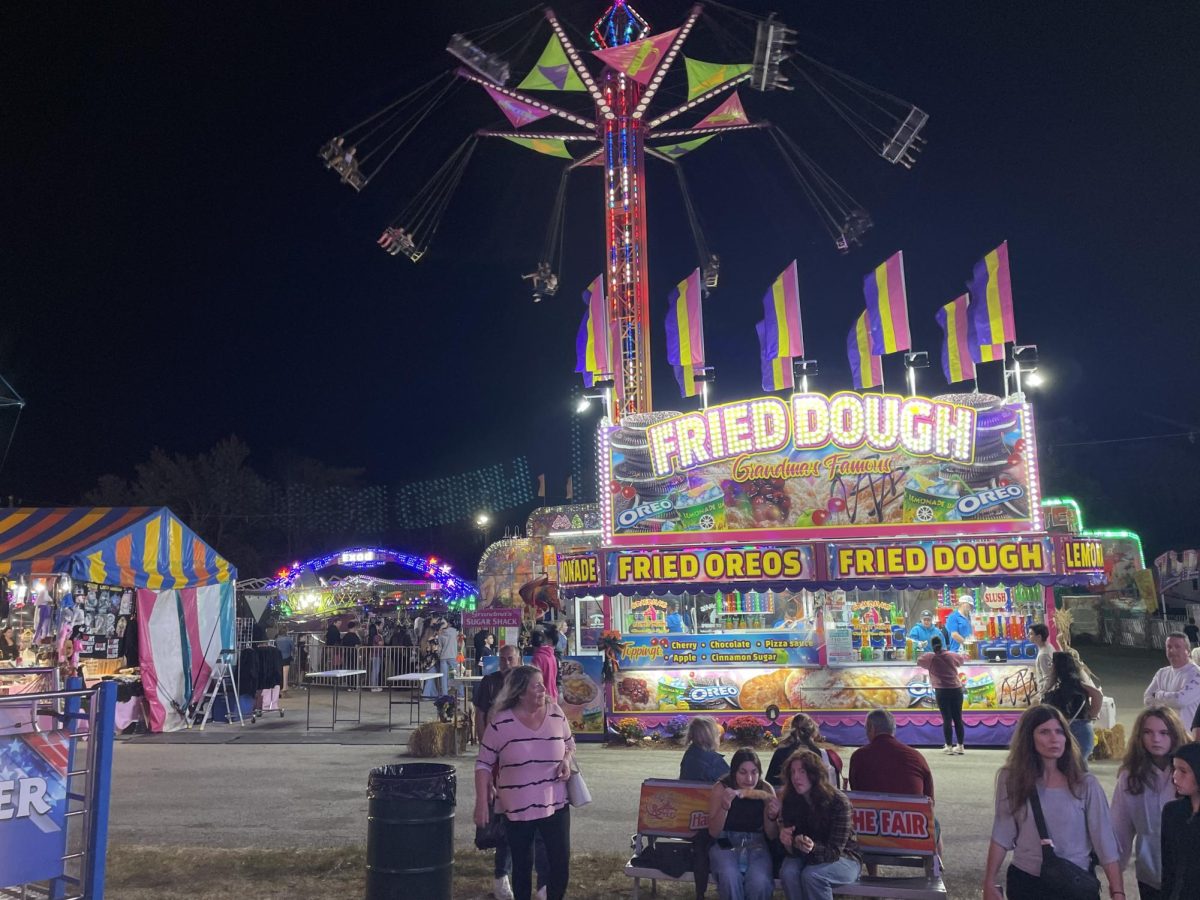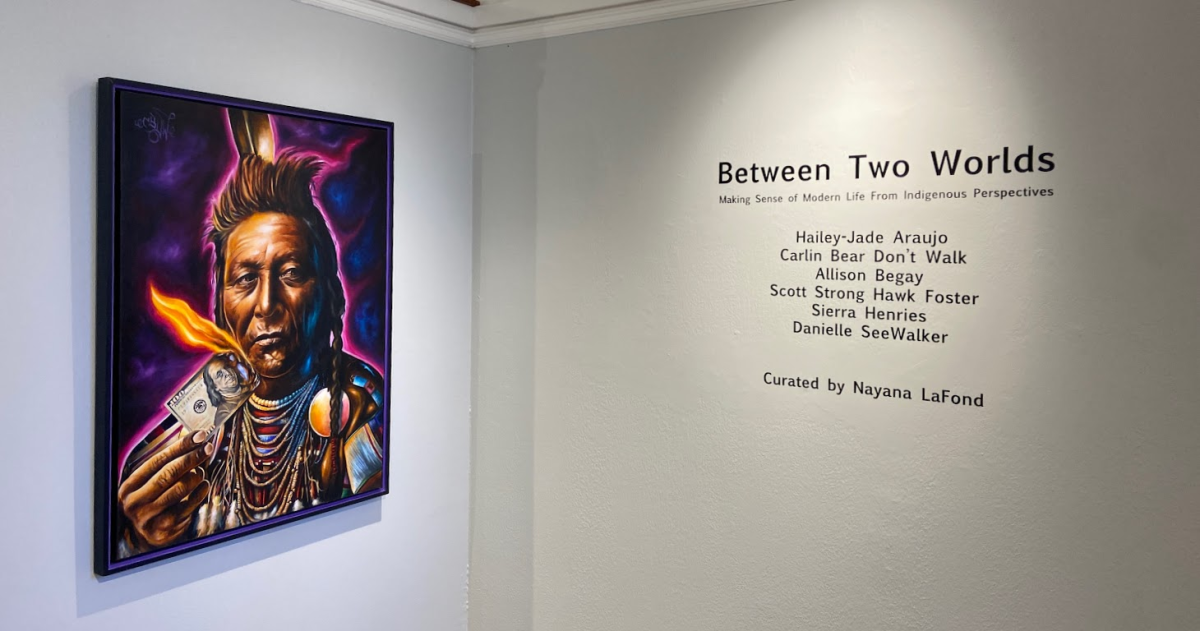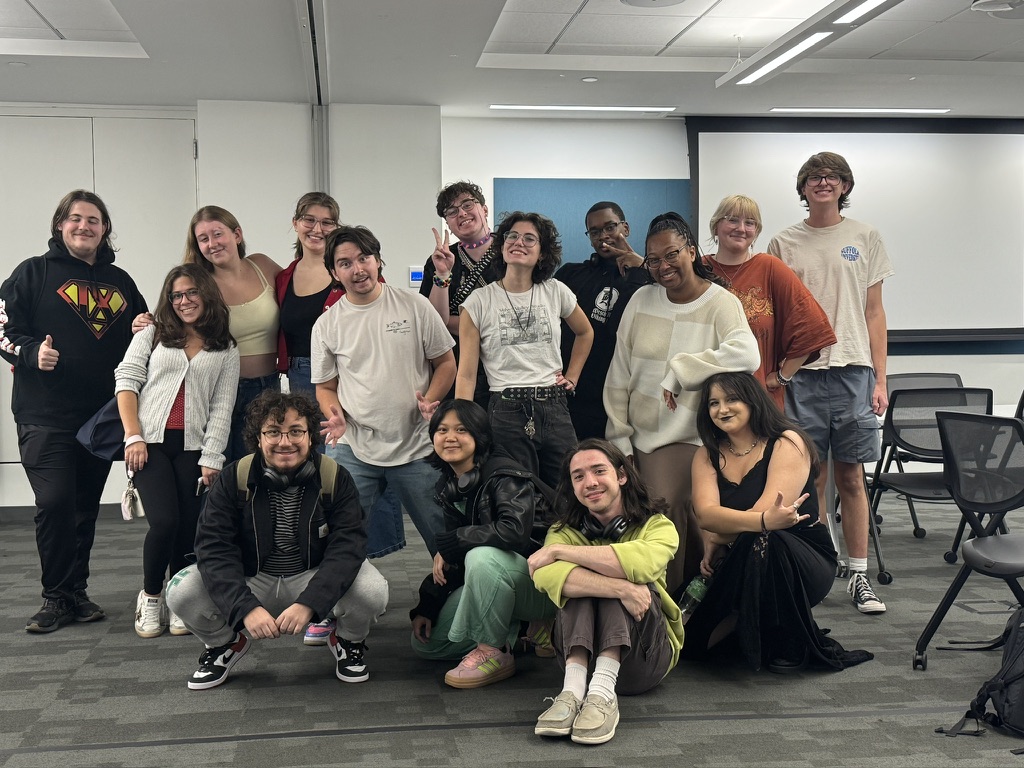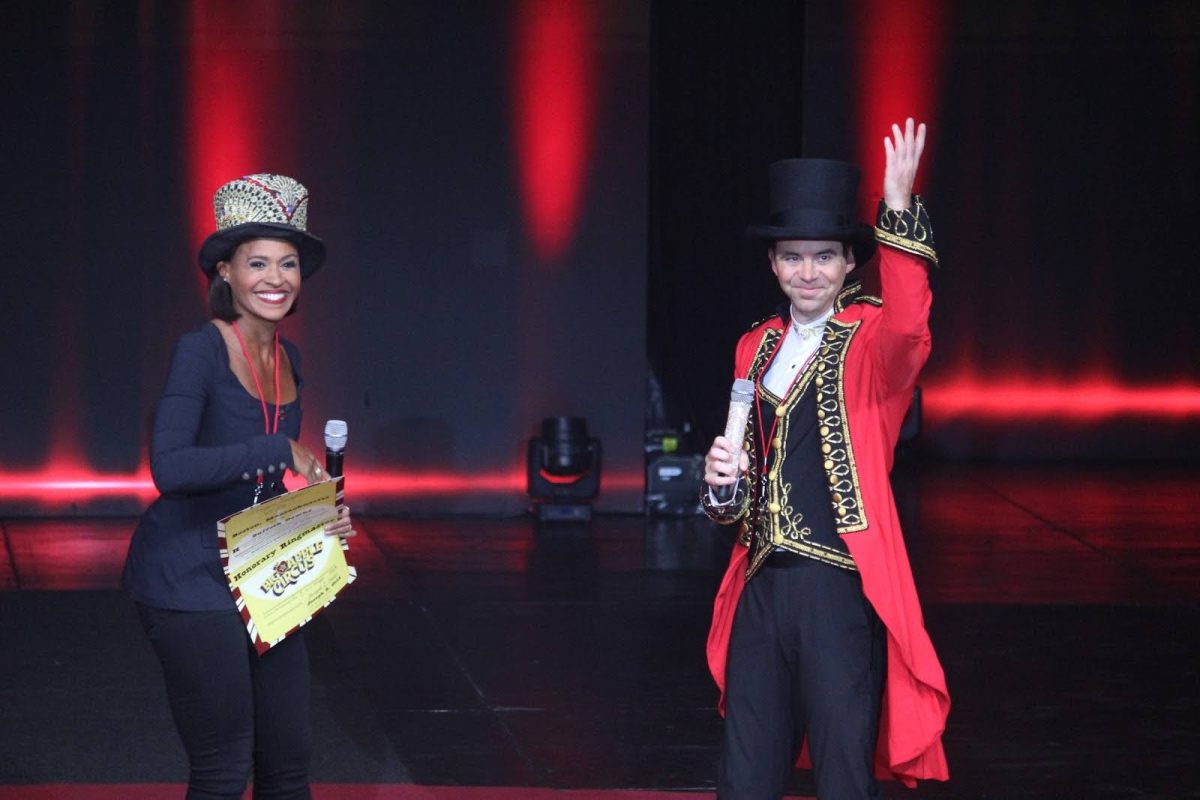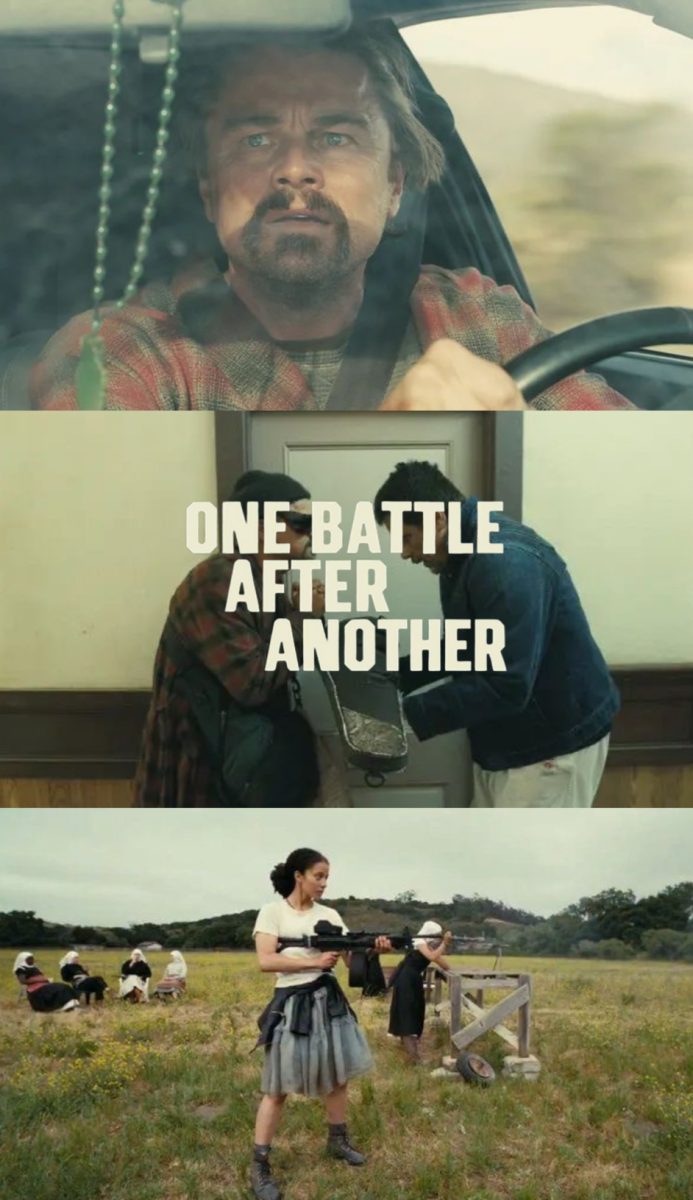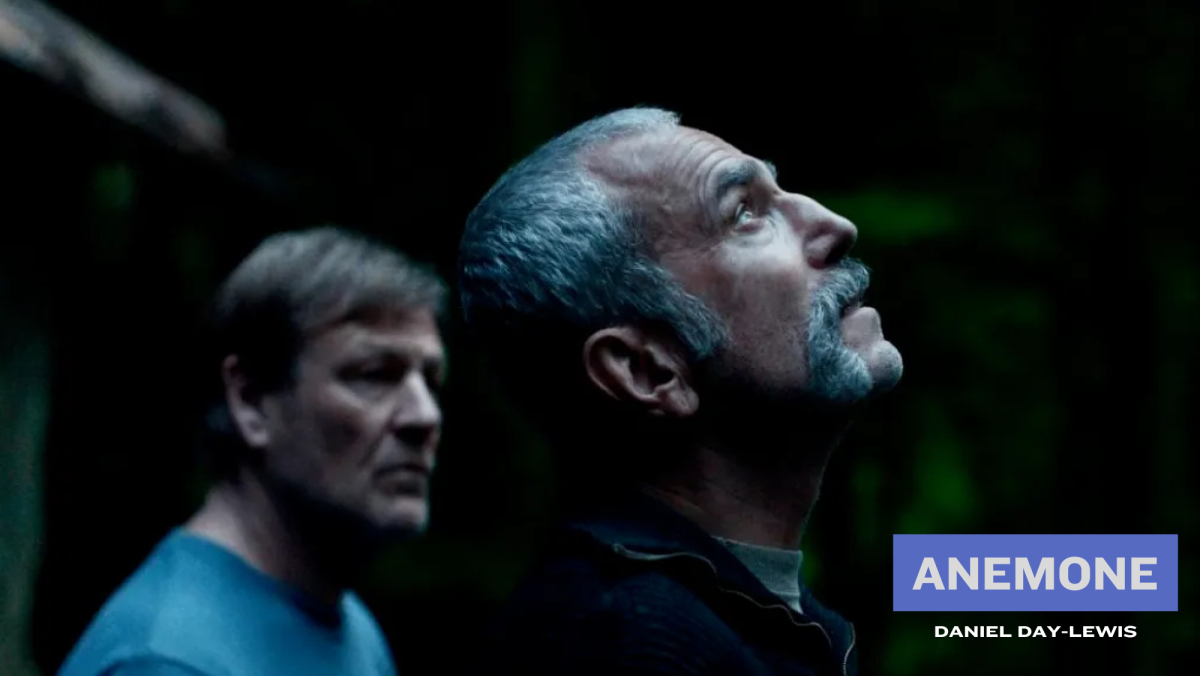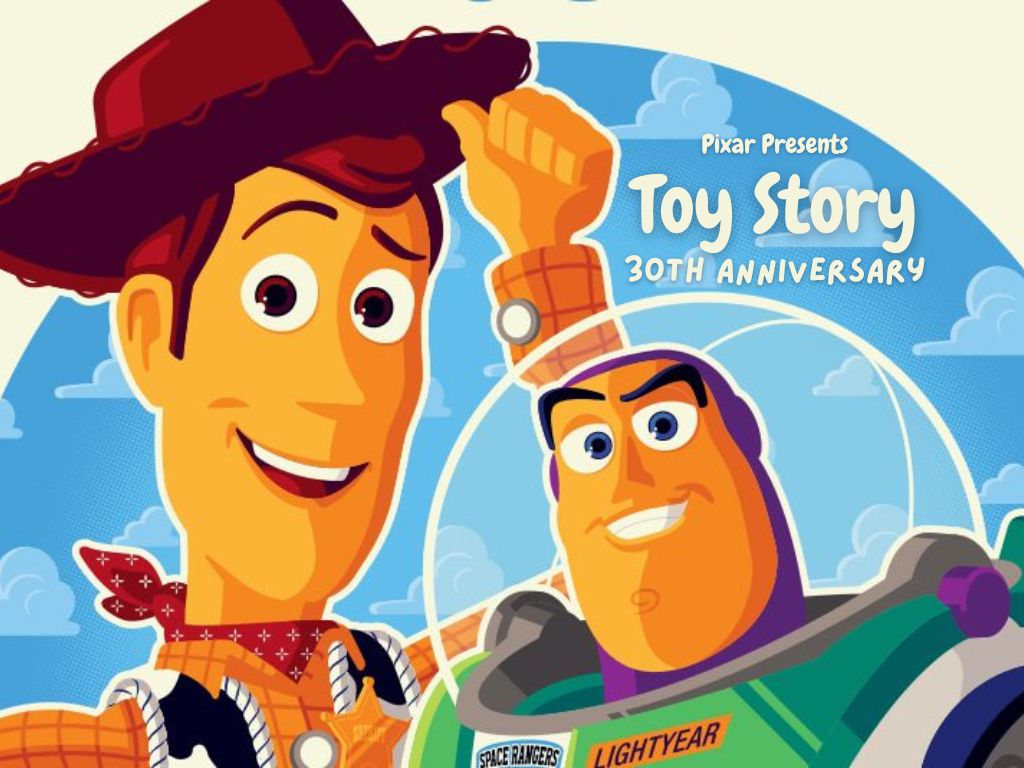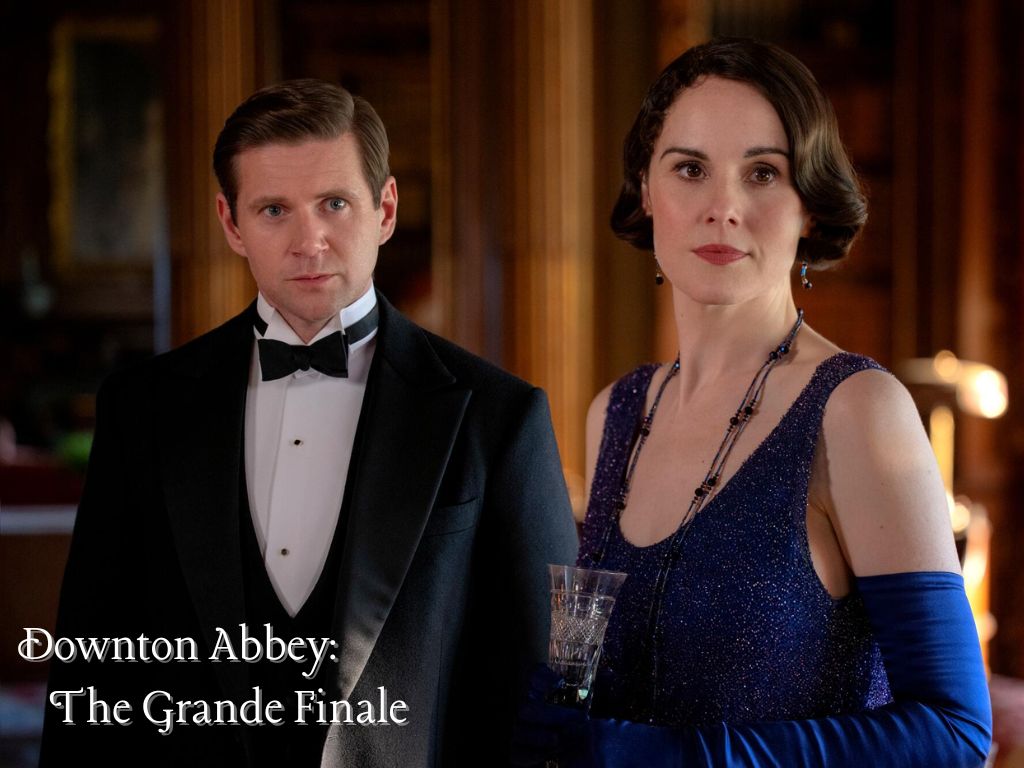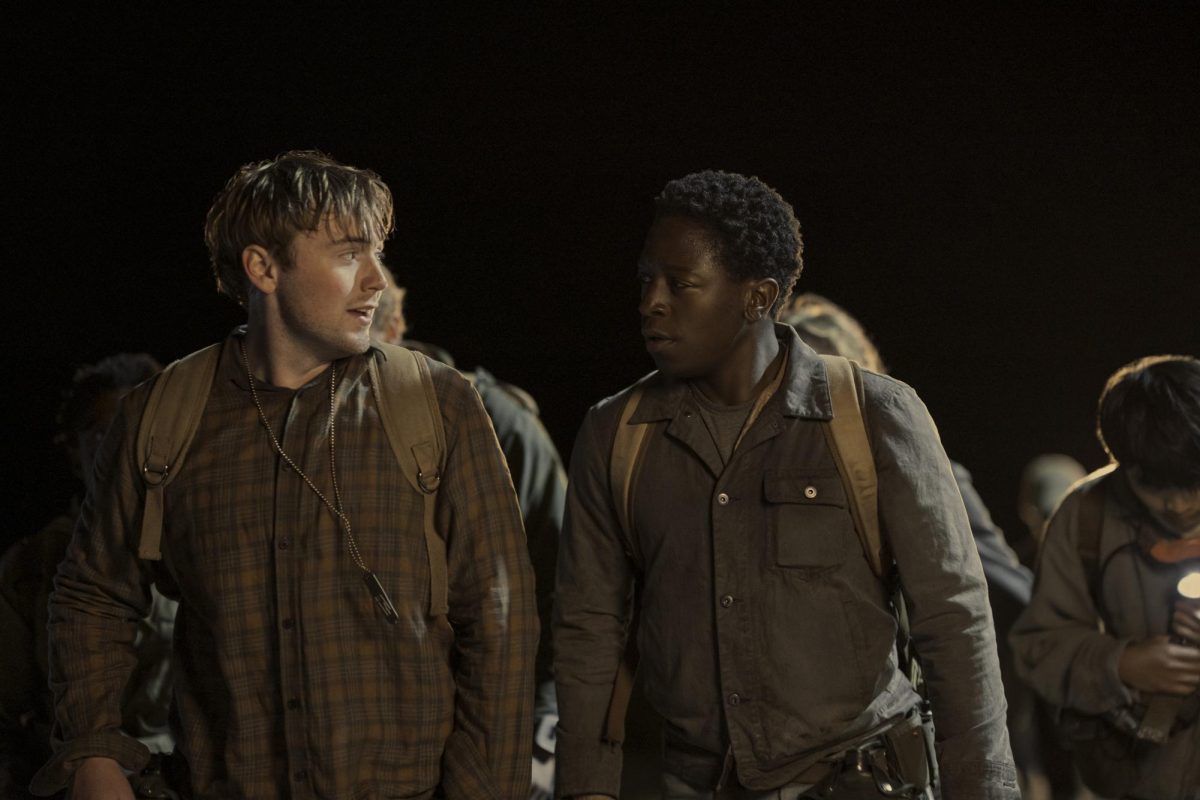Ronald Lee Ermey was quite the troublemaker growing up; by the time he turned 17-years-old, he had been arrested twice for criminal mischief. But perhaps it was his bad behavior that set him down the path of a career he would long be remembered for. When he was on trial for his actions, Ermey was given a choice by the judge to either serve time in prison or serve time in the military. Ermey chose the latter.
Ermey dedicated the next eleven years of his life in the Marine Corps. After undergoing recruit training at Marine Corps Recruit Depot in San Diego, he was appointed in the aviation support field. Shortly thereafter, Ermey became a drill instructor in India Company, 3rd Recruit Training Battalion from 1965 until 1967.
The following year, Ermey arrived in Vietnam with Marine Wing Support Group 17. Ermey and the team would spend the next year-and-a-half in the country, during which Ermey would serve two tours in Okinawa, Japan. While he was in Okinawa, Ermey was promoted, and in 1971, Ermey medically retired from the service due to the several injuries he obtained while serving.
However, this was not the end Ermey’s career, but the start of a new chapter.
After serving in the Marines, Ermey moved to the Philippines where he attended the University of Manila to study criminology and drama. Call it fate or call it destiny, but while Ermey was studying at Manila, a film director by the name of Francis Ford Coppola was shooting his latest film, “Apocalypse Now.” Coppola recruited Ermey to play a helicopter pilot and his experience in Vietnam allowed him to become Coppola’s official technical advisor.
After production of “Apocalypse Now” concluded, Ermey spent the next few years playing small roles. But in 1987, Ermey was cast in a role that would define his career as an actor.
After being declined by the director for the role he was trying out for, Ermey ordered Director Stanley Kubrick to stand up when he was being spoken to. As a result, Kubrick casted Ermey in the role of Gunnery Sergeant Hartman in his newest film, “Full Metal Jacket,” a comedy about the Vietnam War.
Ermey’s experience in the military allowed him to improvise frequently on the set, something Kubrick had seldom allowed his actors to do, which was one of the defining aspects of Ermey’s career. Ermey’s critically-acclaimed performance in “Full Metal Jacket” earned him a nomination for Best Supporting Role in the Golden Globes as well as a Boston Society Film Critics Award for Best Supporting Actor.
Following the success of “Full Metal Jacket,” Ermey went on to star in 60 films. Perhaps his second most memorable feature film role is the Police Captain in the 1995 psychological thriller, “Se7en,” where he was widely praised by film critics everywhere, and Roger Ebert added it to his list of “Great Movies.”
While starring in one of the scariest films of the year, Ermey also lent his voice to Disney/Pixar’s “Toy Story,” providing the voice of the character Sergeant. Ermey reprised this role in the popular sequel “Toy Story 2” and again in “Toy Story 3.”
Ermey also found success on the small screen hosting military-related shows on the History Channel with the show “Mail Call,” where Ermey would answer questions submitted by viewers, either on a set designed to look like a military outpost or on location in military training areas so he could consult experts and perform demonstrations. The short-lived “Lock and Load with R. Lee Ermey” would spend each episode focusing on one specific type of weapon. He would test these weapons on a variety of targets, but his most frequent choice was a watermelon.
Ermey married his wife, Nila, in 1975. They had four children together with a plethora of grandchildren. Ermey and Nila were together for almost thirty years until Ermey’s death last week.


